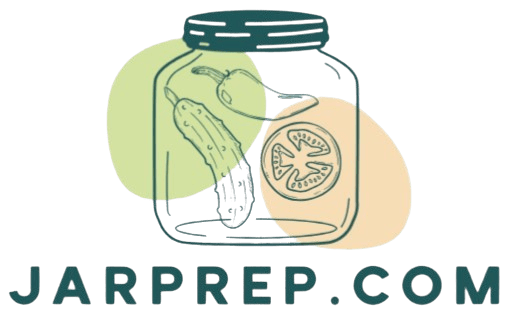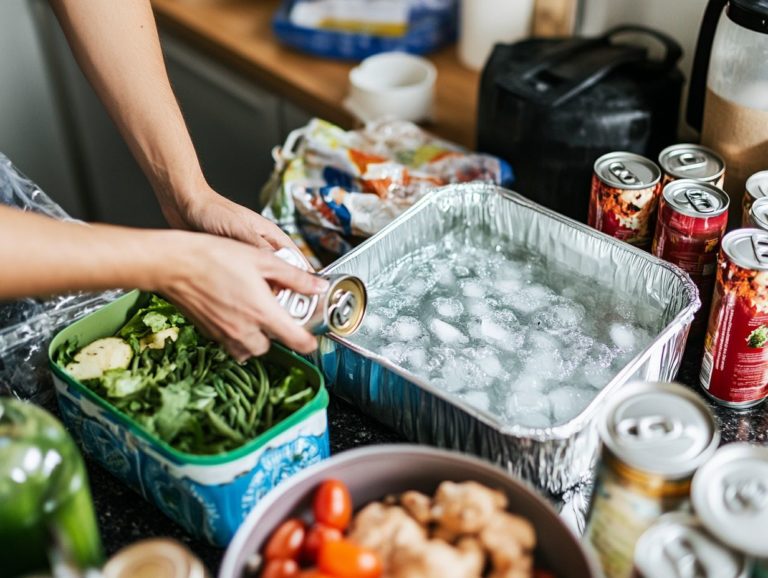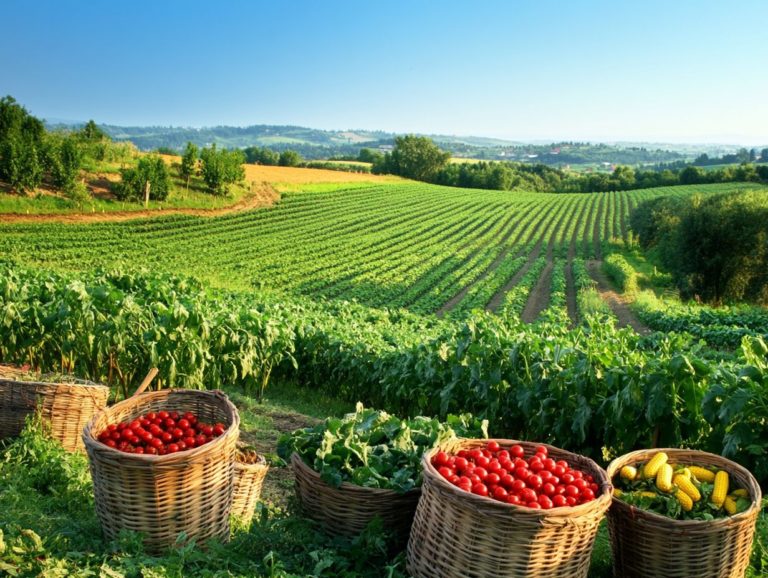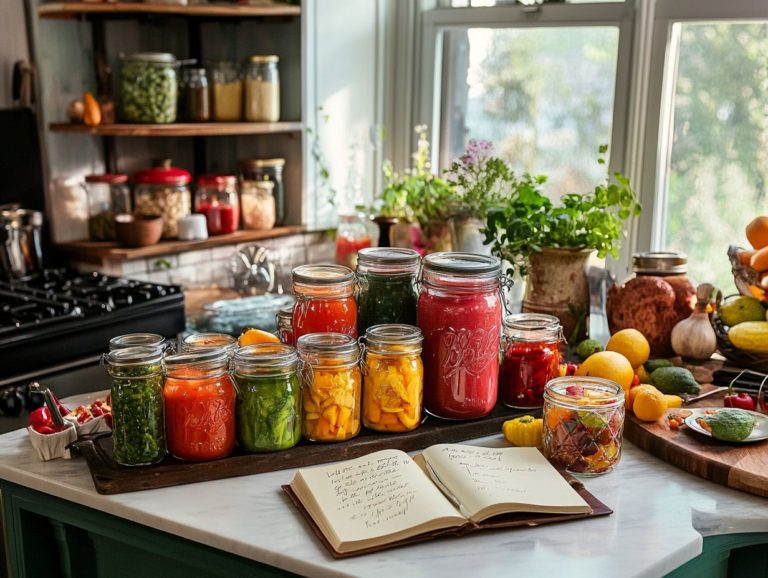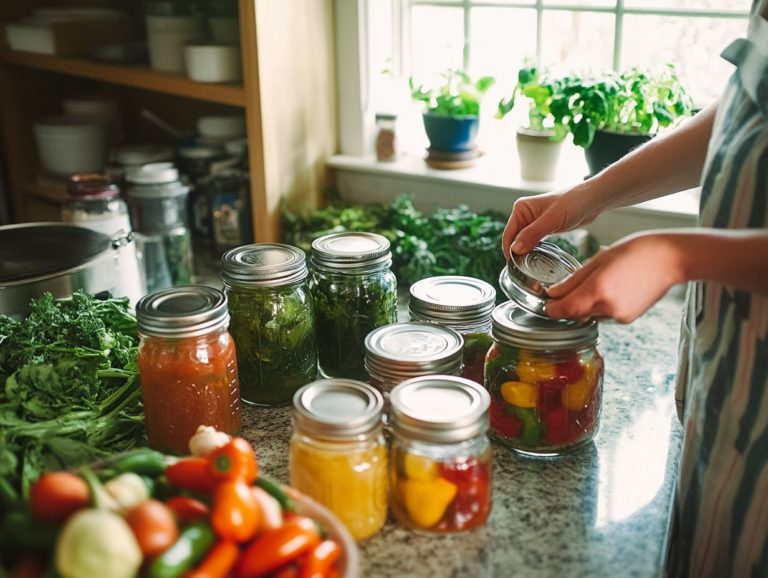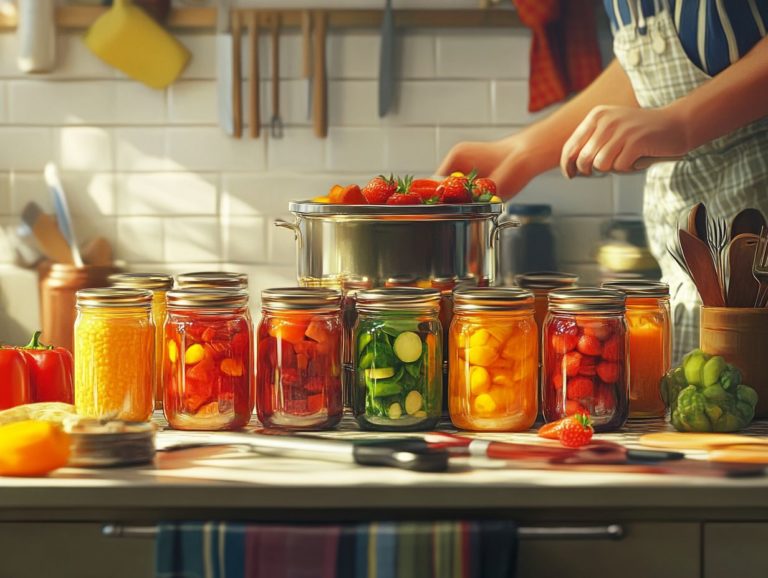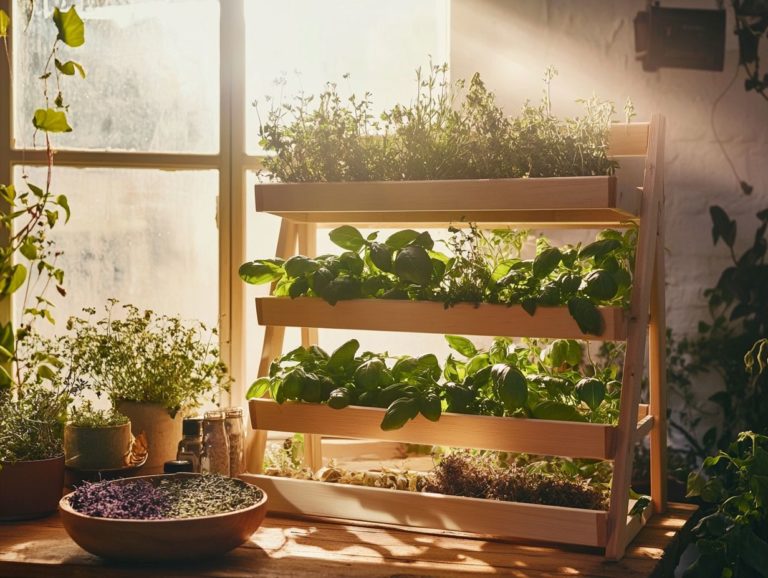Canning Spices: Tips and Techniques
Canning spices is an excellent way to preserve their vibrant flavors. This ensures you can enjoy them throughout the year.
Explore various spices that are perfect for canning. Learn how to select the best ones for your kitchen and uncover essential preparation techniques, from cleaning and drying to effective canning methods, whether you choose water bath or pressure canning.
You will discover valuable storage tips and best practices for using your canned spices, along with solutions for common issues that may arise.
Get ready to transform your culinary skills today with these insightful canning tips!
Contents
Key Takeaways:
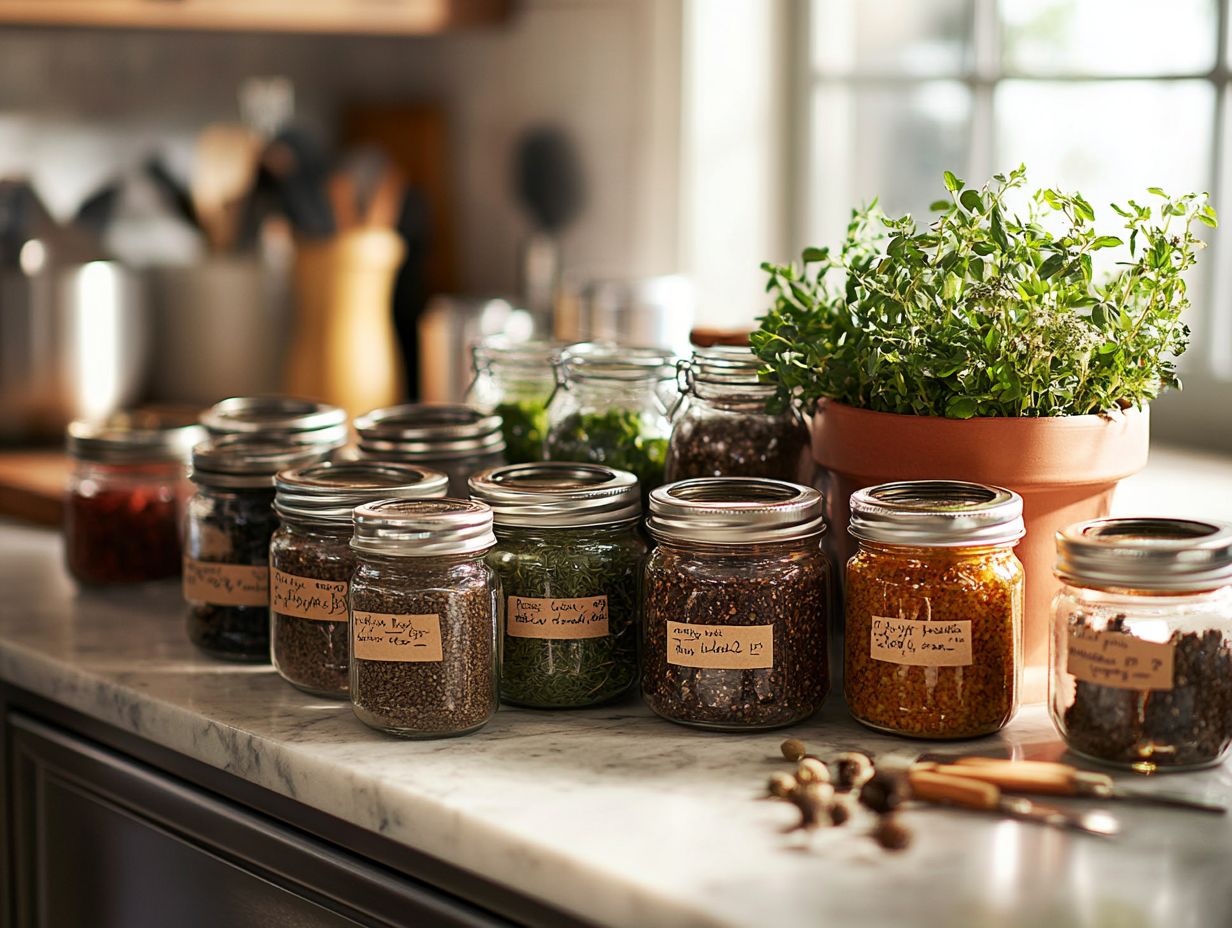
- Properly canned spices maintain flavor and freshness for up to 1 year.
- Choose high-quality, whole spices and clean them before canning.
- Use water bath canning for most spices; opt for pressure canning for low-acid spices.
Why Can Spices?
Canning spices is a traditional method that allows you to preserve seasonal flavors, and understanding the canning process can elevate your culinary creations throughout the year.
By using techniques like water bath canning, you can make delicious homemade pickles or fermented tomatoes. This ensures the vibrant taste of your spices remains intact while extending the shelf life of your favorite pantry staples.
With the right pickling spices, you can turn ordinary ingredients into extraordinary flavors. This makes your meals truly unforgettable.
This method keeps the freshness of herbs like dill and coriander for months. It also plays a vital role in sustainable living by reducing food waste.
Imagine making a fresh salsa with canned cilantro or a robust curry featuring preserved cumin; the possibilities are endless! You can even try making fermented pickles or crunchy pickles for an exciting twist.
Incorporating spices such as crushed red pepper or mustard seeds into your canning routine adds complexity and flair to any dish.
Engaging in this preservation practice deepens your connection to food. It fosters mindfulness about what you consume while minimizing your reliance on store-bought products.
Types of Spices to Can
As you embark on your canning journey, grasping the nuances of the various spices suitable for canning is essential. Understanding these canning techniques for unique flavor profiles is key to achieving the perfect balance of flavor and preservation in your homemade pickles.
Using different cucumber varieties can enhance your pickling experience. The right spices can profoundly shape the taste profiles of your canned goods.
Whether you re crafting tangy garlic dill pickles or experimenting with innovative pickling brine combinations, each spice contributes its distinct character. This elevates the quality of your canned creations to new heights.
Choosing the Right Spices
Choosing the right spices for your canning projects is vital for achieving perfect flavor and quality in your preserves, as highlighted in canning techniques for local ingredients.
As you explore various spices, consider how their unique characteristics can enhance or overshadow your main ingredient. For example, the fiery kick from red pepper flakes can give pickled jalape os an exciting edge.
A touch of cinnamon can elevate your spiced apple preserves. Don t forget about preservation properties; certain spices have natural antimicrobial qualities that help prolong the life of your canned goods.
If you’re feeling adventurous, think about a classic blend. Equal parts mustard seed and coriander make a delightful combination for pickles.
A mix of thyme and oregano works wonders in tomato sauces. Striking the right balance with these spices delivers exceptional flavor and results in a robust final product that truly showcases the freshness of your ingredients.
Preparing Spices for Canning
Preparing spices for canning requires careful attention, ensuring that every ingredient is pristine, dry, and ready for your pickling brine. Utilizing canning techniques for preserving herbs ensures that proper cleaning techniques eliminate impurities and elevate the flavor and preservation qualities of your spices.
Whether you re sticking with classic garlic dill pickles or venturing into innovative blends, preparing your spices is an essential step that can define the success of your final product.
Cleaning and Drying Techniques
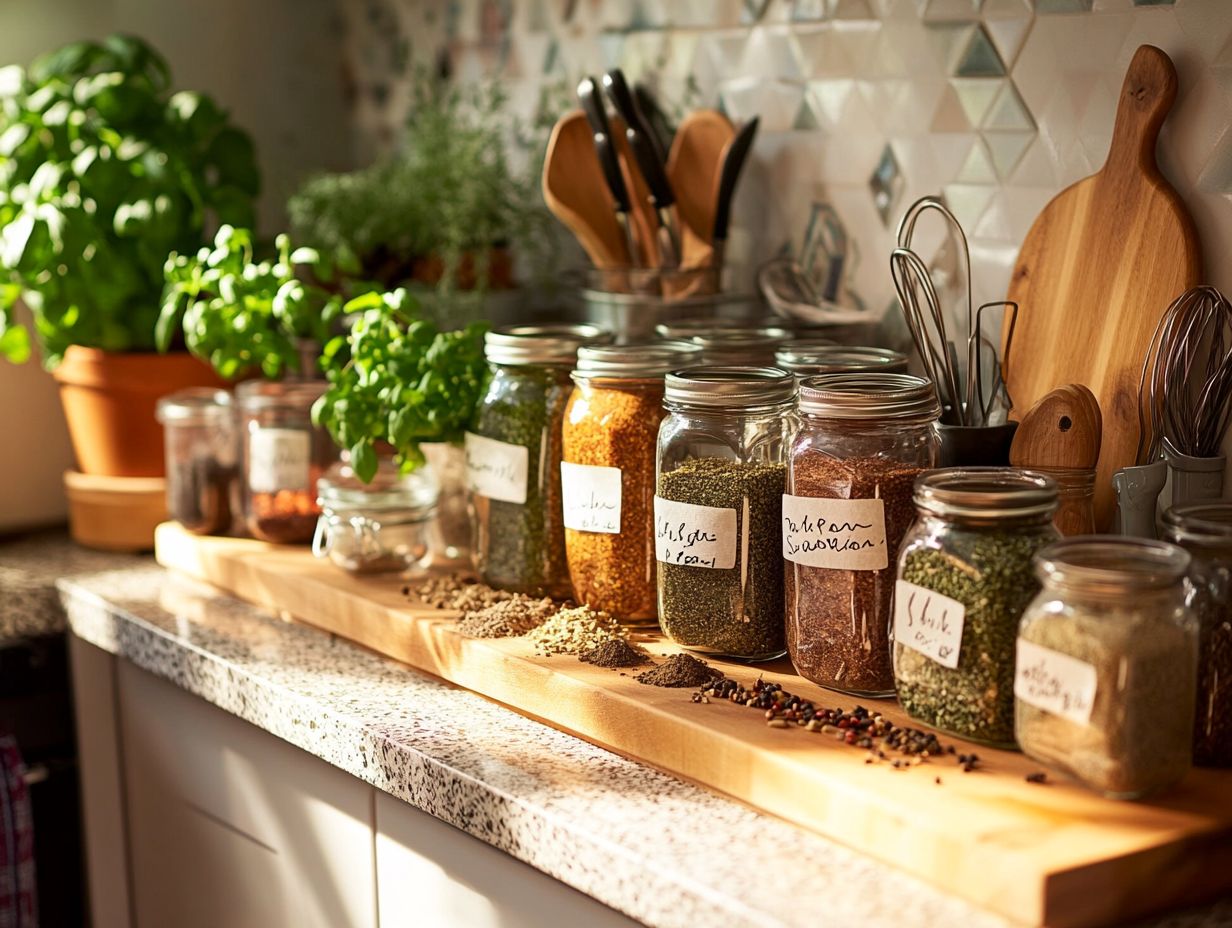
Want your spices to shine? Use effective cleaning and drying techniques! They help eliminate contaminants and enhance the flavors of your preserves. By cleaning your spices, you ensure that any residual dirt or chemicals are removed, while drying prevents moisture from compromising the quality of your pickling brine or homemade pickles.
Methods like air drying or using a food dehydrator can significantly enhance the richness of your canned goods while adhering to vital food safety practices.
For the best results, consider using organic spices, which are often free from synthetic pesticides and elevate the overall taste of your preserves. Remember to rinse your spices gently under running water, followed by a thorough pat-dry with a clean cloth.
Always store your cleaned spices in airtight containers in a cool, dark place to maintain their potency. Avoid mixing clean and dirty utensils to keep your spices safe and ensure that your work surfaces are sanitized.
This approach makes your canning process both effective and enjoyable, allowing you to create preserves that are safe to consume and bursting with flavor.
Canning Methods for Spices
Understanding the different canning methods available for spices is crucial for achieving optimal results in your preserves, whether you choose water bath canning with an electric canner or pressure canning.
Water bath canning is particularly well-suited for high-acid foods like pickles, enabling you to craft delicious, long-lasting jars filled with your favorite pickling spices. Pressure canning is needed for low-acid foods, ensuring both safety and the preservation of the spices you select.
Water Bath Canning vs Pressure Canning
Water bath canning and pressure canning are two distinct methods, each offering unique benefits for preserving spices and ensuring safety during the canning season.
Water bath canning shines with high-acid foods like homemade pickles, where acidity effectively inhibits bacterial growth. Pressure canning reaches the higher temperatures needed to eliminate pathogens for low-acid foods.
Spices like dill and mustard seed thrive in high-acid environments, making them perfect companions for pickled vegetables. On the other hand, pressure canning is your go-to for low-acid spices such as garlic and paprika, which elevate the flavors of meats and stews.
As you embark on your canning endeavors, consider these practical tips:
- Always ensure your jars are sterilized.
- Opt for fresh spices to unlock maximum flavor.
- Follow trusted recipes to guarantee both safety and quality in your culinary creations.
Storing and Using Canned Spices
Properly storing and using canned spices is vital for preserving their flavor and quality over time, ensuring that each jar is a valuable asset in your culinary pursuits.
By employing effective storage techniques such as placing jars in a cool, dark environment and monitoring their shelf life you can relish the vibrant flavors of your pickling spices for months, ensuring your fermented tomatoes are as flavorful as possible.
Whether you’re incorporating them into your beloved recipes or presenting them as thoughtful gifts, mastering the art of caring for your canned spices will elevate every cooking experience you embark upon.
Proper Storage Techniques
Implementing proper storage techniques for your canned spices can significantly extend their shelf life and preserve their flavor. Additionally, using canning techniques for seasonal foods ensures that your culinary creations remain nothing short of delightful!
Store your jars in a cool, dry, and dark environment. This setup effectively shields them from light and heat, both of which can degrade the quality of your preserved spices.
Opt for airtight containers and label your jars with canning dates. This further enhances preservation and allows you to savor your pickled delicacies long after canning season ends.
Check your jars regularly for any signs of spoilage. Look for off smells or unusual textures, which could indicate compromised quality.
Rotate your stock by using the older jars before the newer ones. This practice keeps your spice collection fresh.
Remember that humidity plays a critical role! Keeping your spices away from steam or damp areas like near the stove is crucial.
By prioritizing these practices, not only will your flavors remain vibrant, but the overall consistency of your cooking will also improve.
Best Practices for Using Canned Spices
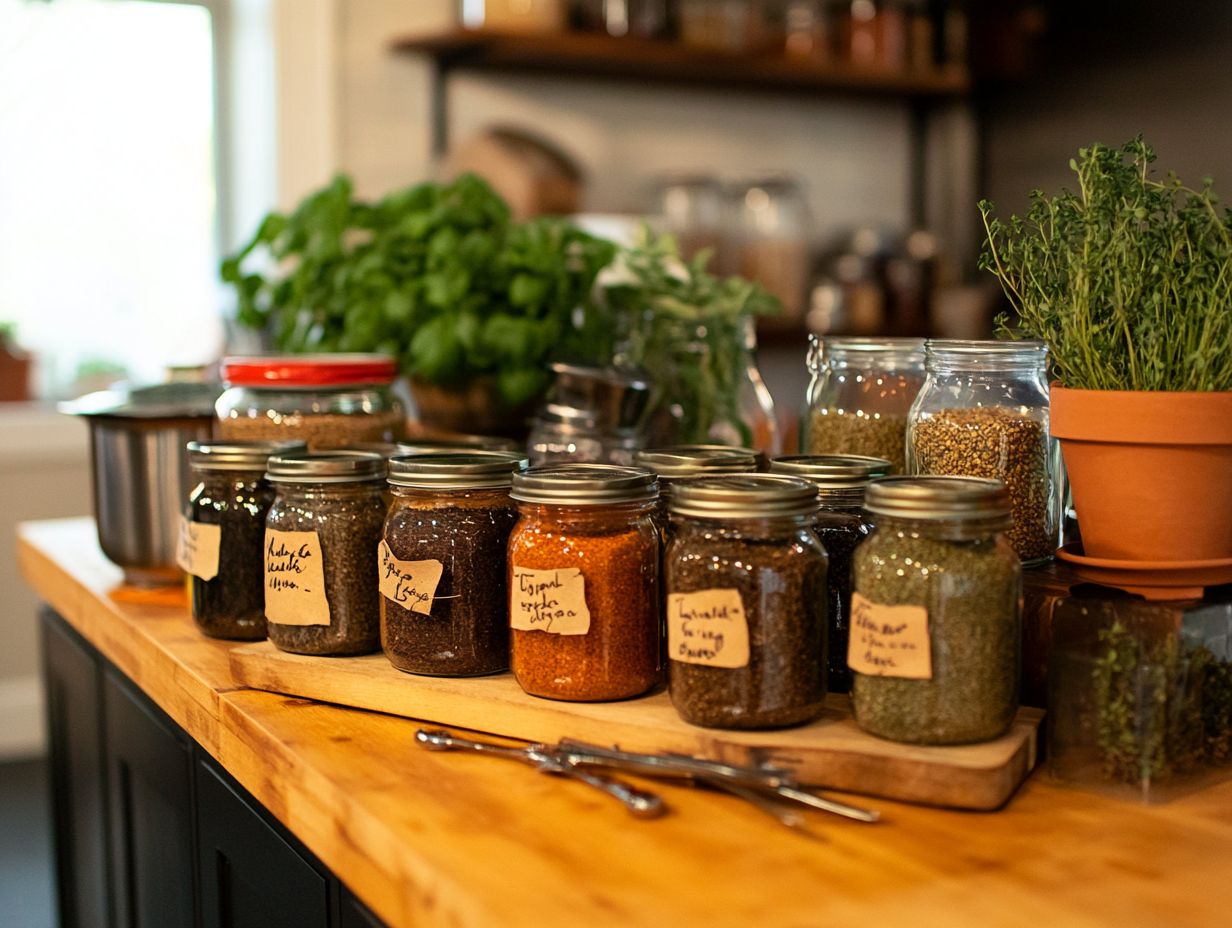
Utilizing canned spices effectively requires understanding best practices. These not only enhance their flavors but also ensure food safety in your culinary creations!
When incorporating canned spices into your dishes, balance them with fresh ingredients. This creates depth and complexity, whether you re crafting a savory stew or a flavorful pickling brine.
Knowing the right quantities to use and when to add them during cooking can elevate your meals to gourmet heights.
For instance, when preparing a hearty chili, consider adding canned spices like cumin or smoked paprika in moderation. Allow those flavors to meld beautifully over time!
It s wise to taste as you cook. This way, you can adjust the seasoning gradually, ensuring you don t overpower the dish.
When roasting vegetables, toss them with a touch of canned oregano or thyme right before serving for a delightful burst of flavor.
The key lies in experimentation and discovering that perfect harmony between these convenient options and fresh ingredients.
Troubleshooting Common Issues
Identifying and troubleshooting common issues during the canning process is crucial. This helps maintain the quality and safety of your canned spices while preventing spoilage.
From improper sealing to unexpected flavor changes, challenges can arise during canning season. These can potentially compromise the integrity of your final product.
Be proactive in recognizing these concerns. This way, you can preserve the delightful taste of your homemade pickles and preserves, ensuring they remain safe for consumption.
Preventing Spoilage and Other Problems
Preventing spoilage and tackling common canning issues is essential for preserving the quality and safety of your spices and pickles. Learning canning techniques for beginners can help you avoid pitfalls in the process.
Ensure proper sealing and cleanliness during the canning process. This significantly reduces the risk of contamination!
Carefully monitor storage conditions to protect the integrity of your products. Understanding what causes spoilage like temperature fluctuations and incorrect ingredient ratios enables you to craft perfectly preserved jars every time.
One effective preventative measure is to use a reliable pressure canner or water bath method suitable for your food.
Make sure all jars are thoroughly cleaned and free of blemishes or cracks. Any damage can lead to spoilage.
Regularly inspect jars for signs of seal failure, such as bulging lids or leaks. This helps you catch problems early!
Maintaining the right acidity levels in your pickles and adhering to the correct processing times tailored to each recipe dramatically enhances preservation.
When in doubt, consult reputable canning guides and follow updated food safety protocols. This will set you on the path to success!
Frequently Asked Questions
What is canning and why should I use it for spices?
Canning is a way to keep food safe by sealing it in jars. It helps extend the shelf life of spices, preserving their flavor and aroma for longer periods.
What are the best spices to can?
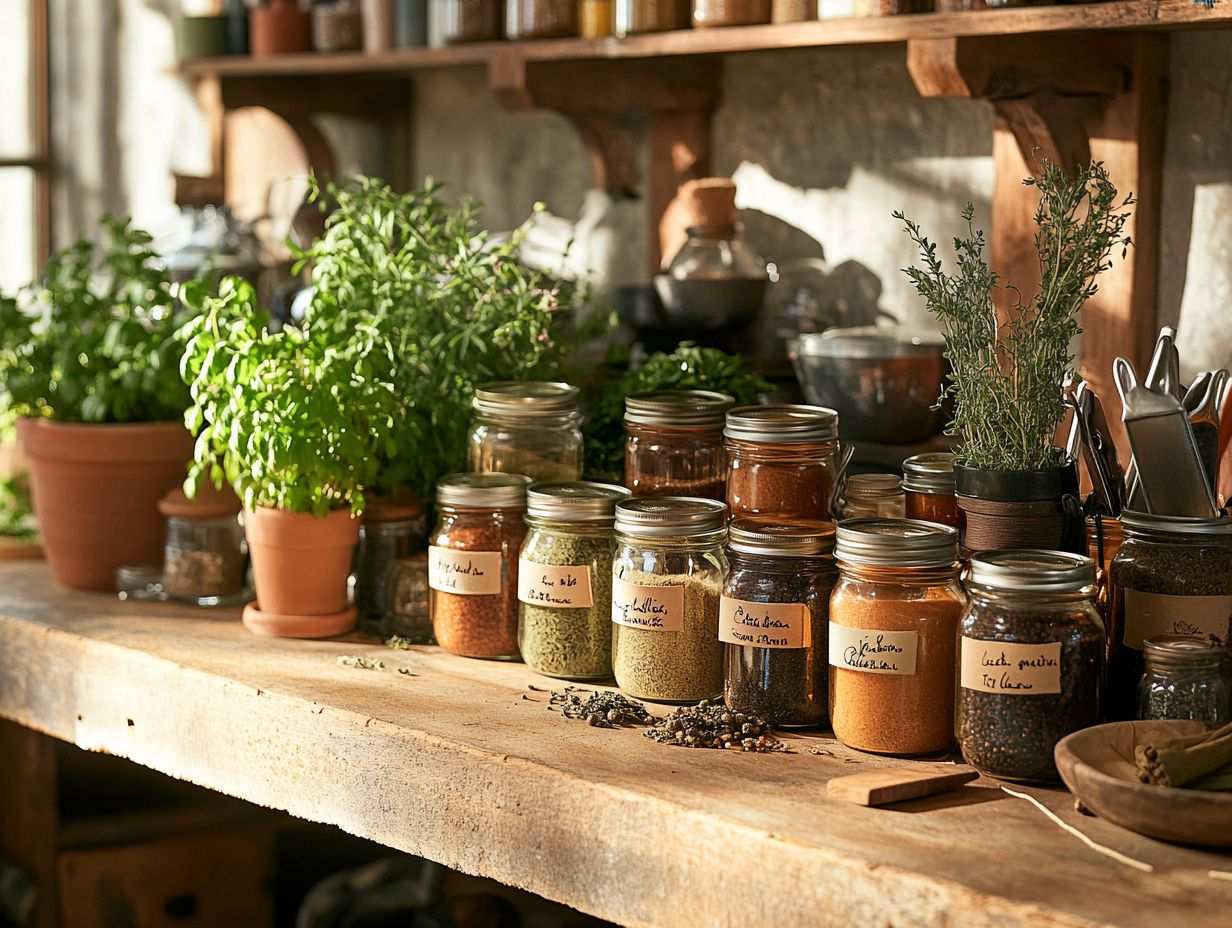
Get ready to spice up your canning! Whole spices like cinnamon sticks, cloves, and peppercorns are best for canning. To enhance your flavors even more, check out this guide on how to incorporate herbs in canning. Ground spices can clump or lose their flavor.
What equipment do I need for canning spices?
You will need canning jars, lids, and bands. A canning pot, rack, funnel, ladle, and bubble remover will also help you fill jars and remove air bubbles.
What is the process for canning spices?
After sterilizing your jars and lids, fill them with spices. Leave 1/4 inch of headspace, wipe the rims, then seal with lids and bands. Process in a boiling water bath for the recommended time, remove, and let cool. Check the seals before storing.
Can I add other ingredients to my canned spices?
Yes, you can add matching ingredients like dried citrus zest, herbs, or whole dried chili peppers. Just leave enough headspace and consider their flavors and shelf life.
How long can I store canned spices?
Properly canned and sealed spices can last 1-2 years in a cool, dark place. However, their flavor may diminish after 6-12 months. Use them within this timeframe for the best taste.
